A Hong Kong court has handed prison sentences to 45 democracy advocates in the city's largest trial under the 2020 national security law, with rights groups condemning the verdict.
Forty-five leading activists from Hong Kong’s pro-democracy movement were sentenced to prison terms of four to ten years on Tuesday in the territory’s largest national security case.
They were prosecuted under the 2020 national security law, which was introduced in response to massive protests that erupted in Hong Kong the year before.
The jailed are among the so-called "Hong Kong 47", a group of activists and lawmakers that were arrested in 2020 for their roles in an unofficial pre-election primary vote that saw record turnout.
The unofficial vote was held just days after the introduction of the national security law, which criminalises acts of dissent, sedition, and foreign collusion. It drew 610,000 voters, and the winners were expected to go on to the official election.
However, the government cancelled the official legislative election, citing public health concerns due to the COVID-19 pandemic.
Prosecutors claimed the Hong Kong 47 had planned to paralyse the government and force the city’s leader to resign by winning a majority in the legislature and using it to block government budgets.
Legal scholar Benny Tai was among those to receive the highest sentence of ten years, with judges calling him the mastermind of the operation.
In a statement posted online, the judges wrote that Tai essentially “advocated for a revolution” by publishing a series of articles that outlined his ideas. In a letter requesting a lighter sentence, Tai argued that the steps he had outlined were 'never intended as a blueprint for any political action.'
The judges rejected the argument from some defendants that the plan would never have materialised, stating that “all the participants had made every effort to ensure its success."
They also said that a great deal of time, resources, and money had been invested in organising the primary election.
“When the primary election took place on 10 and 11 July, no one had remotely mentioned the fact that it was no more than an academic exercise and that the scheme was absolutely unattainable,” the judgment read.
International condemnation
Observers said the trial illustrated how authorities have cracked down on dissent following the massive anti-government protests of 2019, alongside increasing media restrictions and reduced public choice in elections.
"The drastic changes show how Beijing’s promise to maintain the civil liberties of the former British colony for 50 years after its return to China in 1997 is becoming increasingly hollow," they said.
Both the Beijing and Hong Kong governments have insisted that the national security law is necessary for the city’s stability.
The sentencing also sparked criticism from foreign governments and human rights organisations.
Maya Wang, associate director for China at Human Rights Watch, said, "Running in an election and trying to win it is now a crime that can lead to a decade in prison in Hong Kong."
Wang added that the harsh sentences are a clear reflection of how quickly Hong Kong’s civil liberties and judicial independence have declined in the four years since the security law was introduced

 5 months ago
44
5 months ago
44
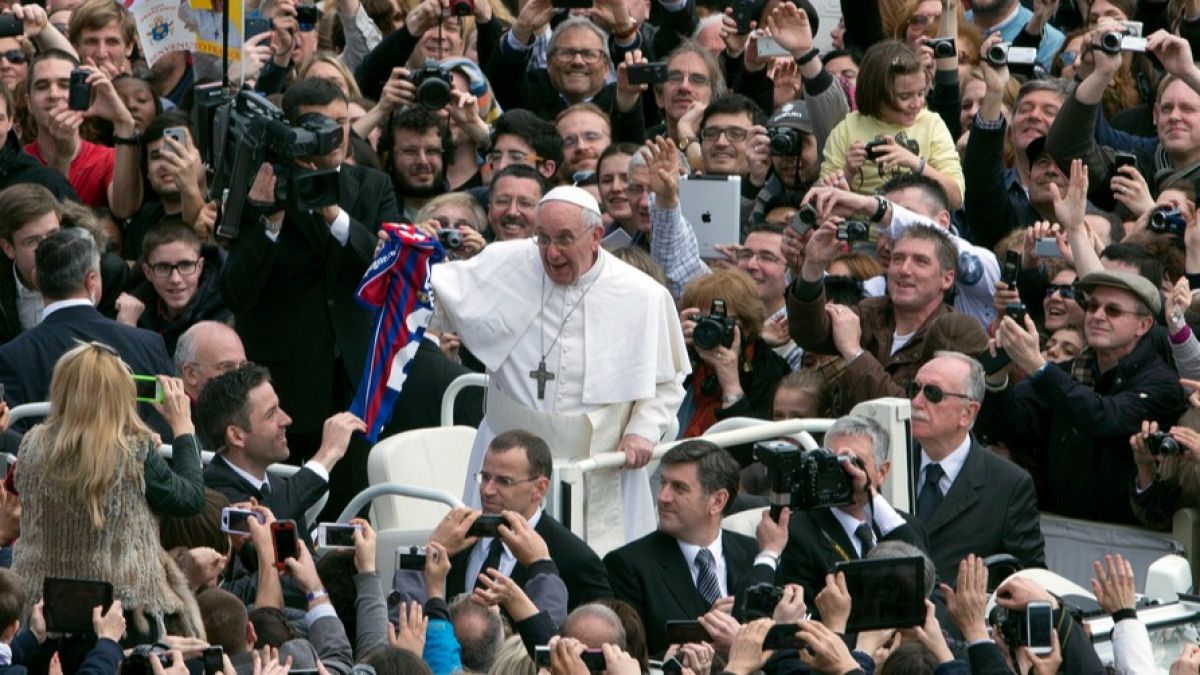

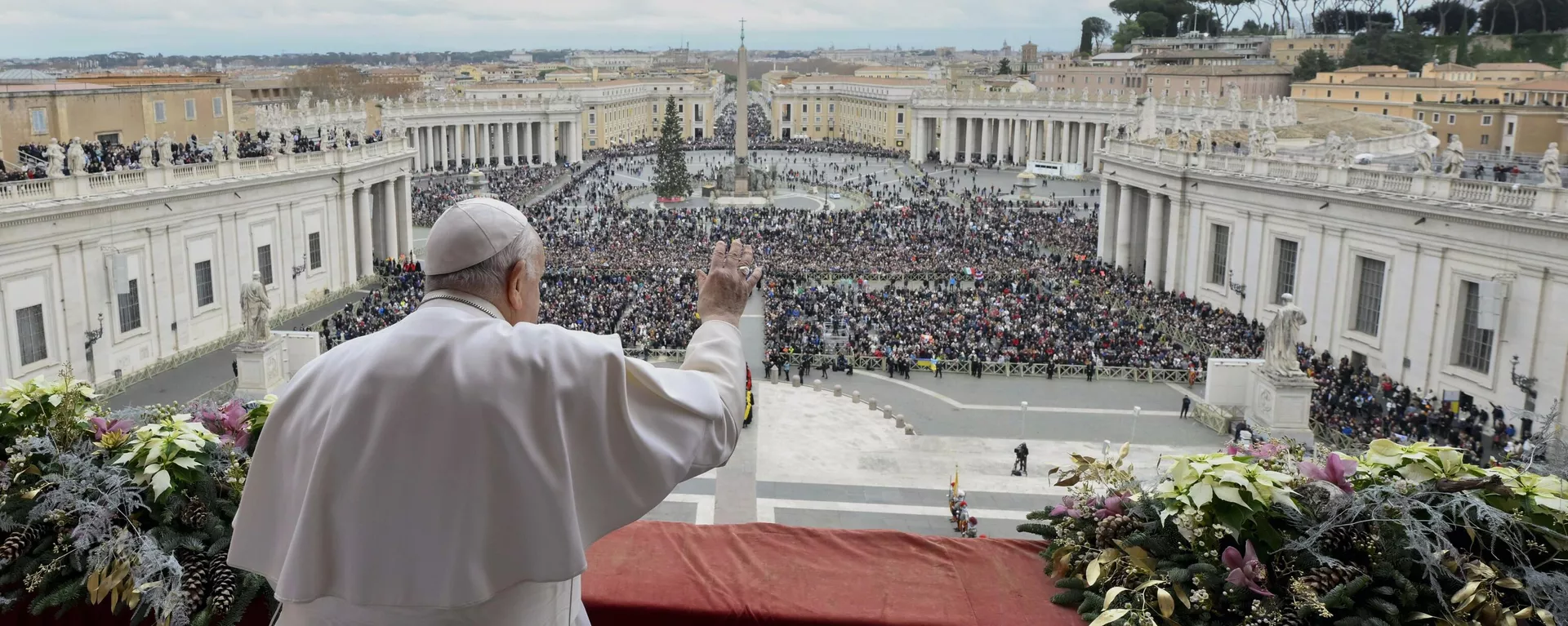
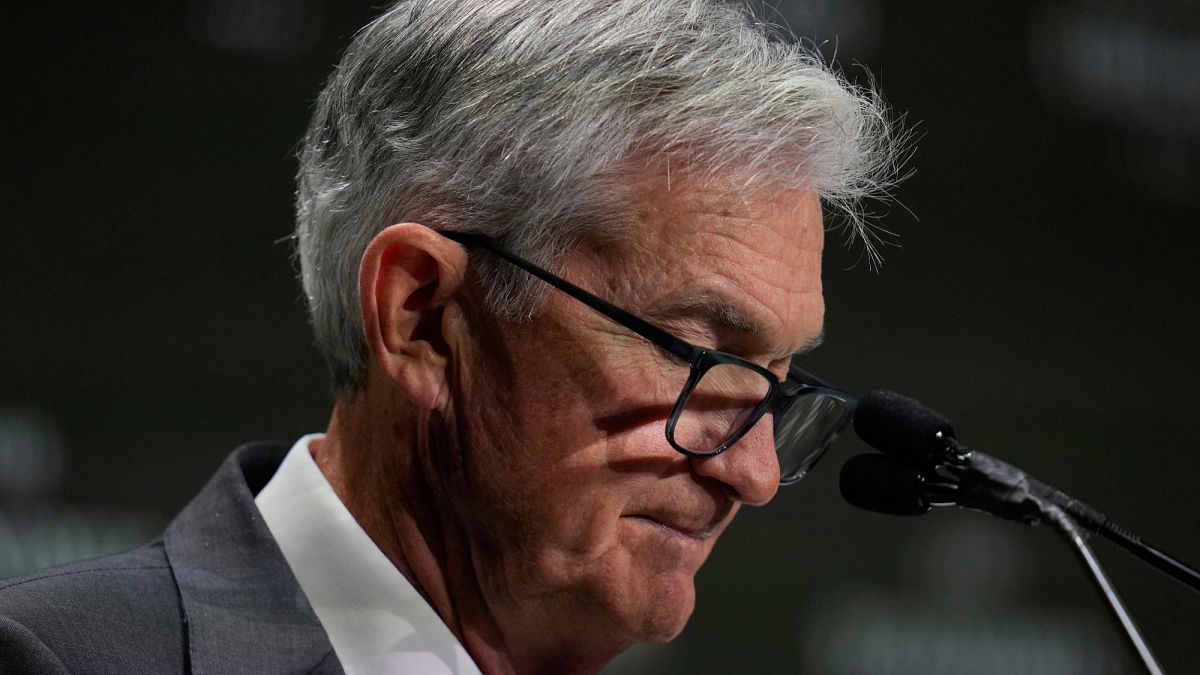
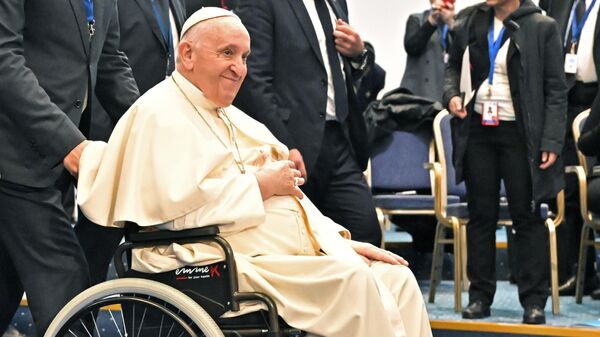
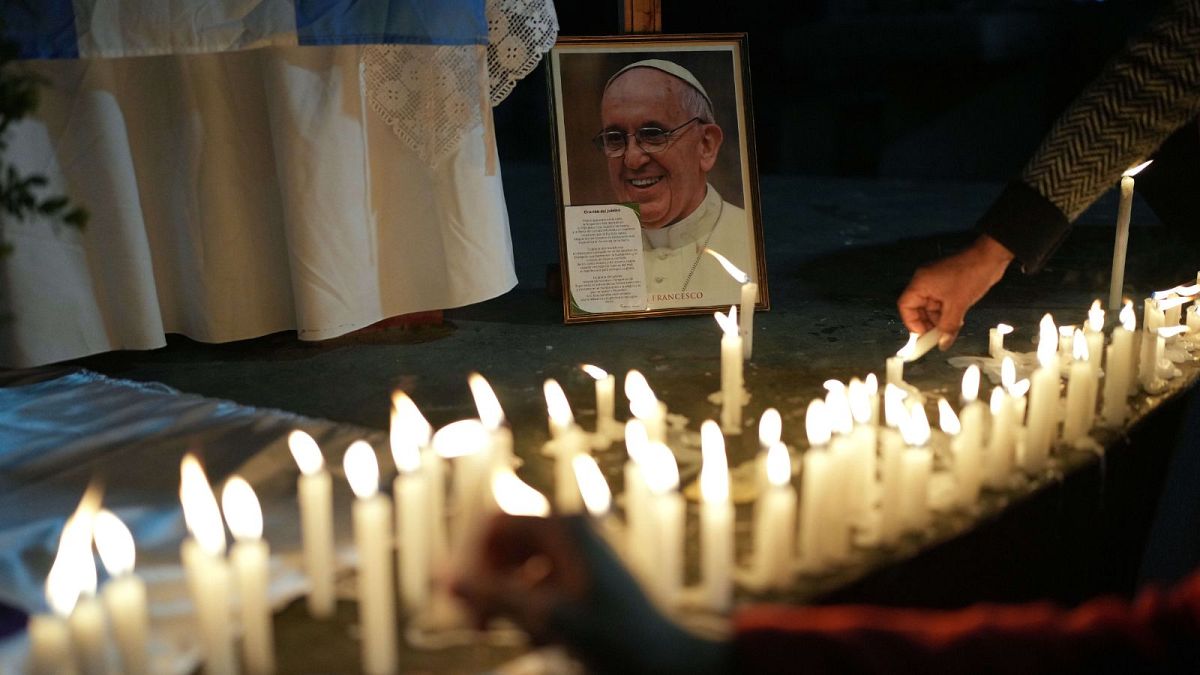
 We deliver critical software at unparalleled value and speed to help your business thrive
We deliver critical software at unparalleled value and speed to help your business thrive






 English (US) ·
English (US) ·